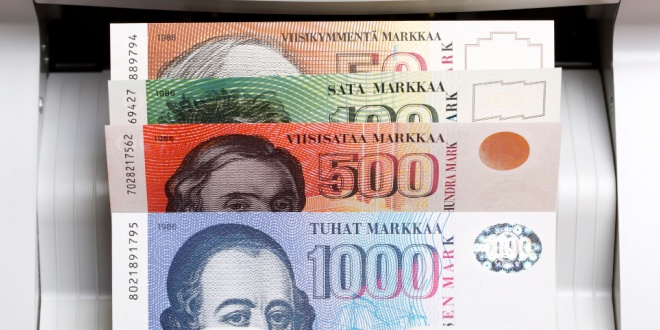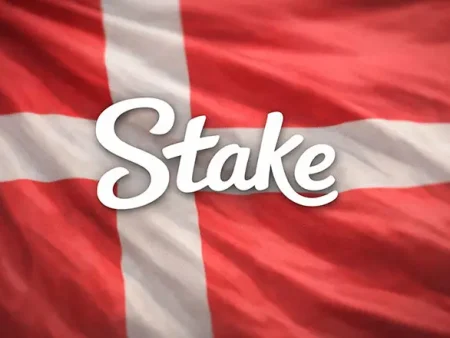Just weeks after the Finnish Gambling Act entered parliament, concerns are rising over growing related debt to it. Law firm Takaisinperintä told the Helsinki Times that gambling is now the third leading cause of over-indebtedness in the country.

The law firm specializes in assisting financially vulnerable clients. It said it had surveyed 765 people with heavy debts. It found that 28 percent had taken out payday loans for betting and gaming.
The government is moving ahead with plans to end the monopoly of state-controlled Veikkaus. The findings are likely to add to the debate. It will also open a regulated online gambling market. Both sides could use them to support their arguments. Meanwhile, opponents to the liberalization of gambling may argue that it shows that it is a problem and that opening the market to commercial operators could lead to proliferation with more Finns gambling.
Yet, those in favor of liberalization will point to the low channelization rate in Finland. Many players are currently spending with unlicensed operators, who have no obligation to implement responsible gambling or player protection measures. The introduction of a competitive regulated market could offer more control and a safer gambling experience that prevents overspending.
On January 1, 2026, the government hopes to open the window for Finland gambling license applications. The market would open 12 months later, on January 1, 2027, although some suggest the launch could occur earlier. That would depend on how long it takes for the bill to pass by parliament. Many believe there is strong support for market liberalization. However, there may be debate on some of the details.
The proposal includes plans for a new self-exclusion system. It would allow consumers to self-exclude from all operators. Regulators would require operators to monitor behavior, establish a new authority to oversee the market, and allow marketing that doesn’t target minors.


